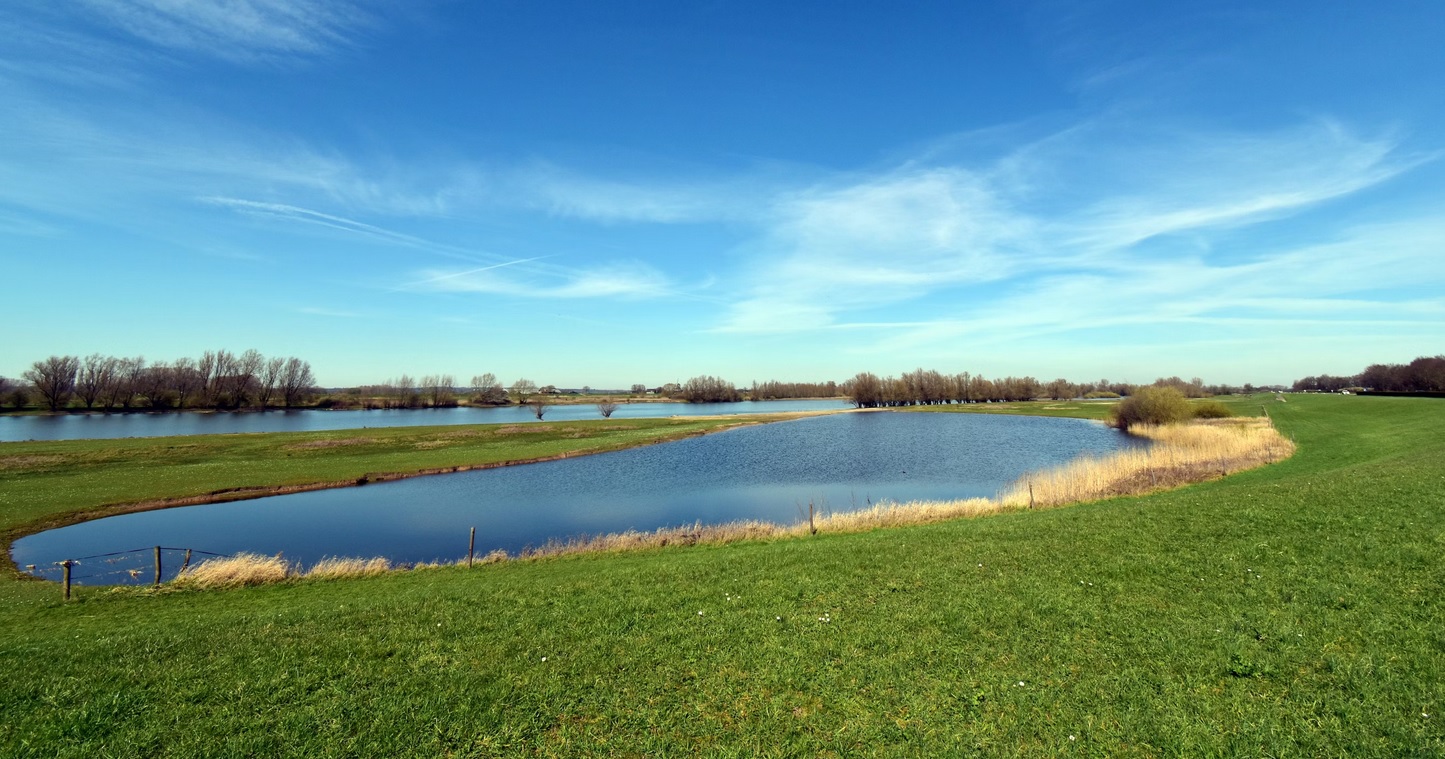
Oregon U.S. Senator Ron Wyden,
U.S. Senators Ron Wyden, D-Ore., and Ben Ray Luján, D-N.M., this week asked the Biden administration to collect and publish data that would help identify and address the water and sanitation needs of communities around the country.
“We are writing to request that you take steps to collect and publish data needed to meaningfully address the lack of access to water and sanitation that exists here in the United States. This Administration has recognized that as the source of both life and livelihoods, water is central to the dignity and security of everyone, everywhere. Yet today, an estimated 2.2 million Americans lack access to running water or basic sanitation, and this figure appears to be growing. Worse, we do not know exactly where the problem exists or is growing, and this lack of data compounds the problem and leaves it unaddressed. Allowing the water access gap to grow, will result in significant long-term negative economic, physical and mental health, and labor consequences,” Wyden and Luján wrote to the U.S. Department of Agriculture, the U.S. Department of the Interior and the U.S. Environmental Protection Agency.
In 2022, DigDeep, a human rights nonprofit working to close the water access gap in the U.S., published a study that estimated the water access gap costs the U.S. economy roughly $8.6 billion every year. These economic losses take the form of decreased household earnings, higher healthcare costs, lost tax revenues, and labor market disruptions.
In the letter, Wyden and Luján ask the U.S. Departments of Agriculture, Interior and EPA to collaborate in leveraging the federal government’s research and data collecting abilities to critically examine the domestic water access gap.
“A lack of drinking water and basic sanitation threatens public health and is not consistent with individual safety or dignity […] This crisis cannot wait to be solved; more Americans face the threat of water insecurity every day. The first step toward collecting actionable water, sanitation, and hygiene information is to make sure we know the scope and location of current problems. Federal data collection, that your agencies have the ability to collect, will help address the water access gap, and bring relief to vulnerable families across our nation,” Wyden and Luján concluded.
Disclaimer: Articles featured on Oregon Report are the creation, responsibility and opinion of the authoring individual or organization which is featured at the top of every article.

